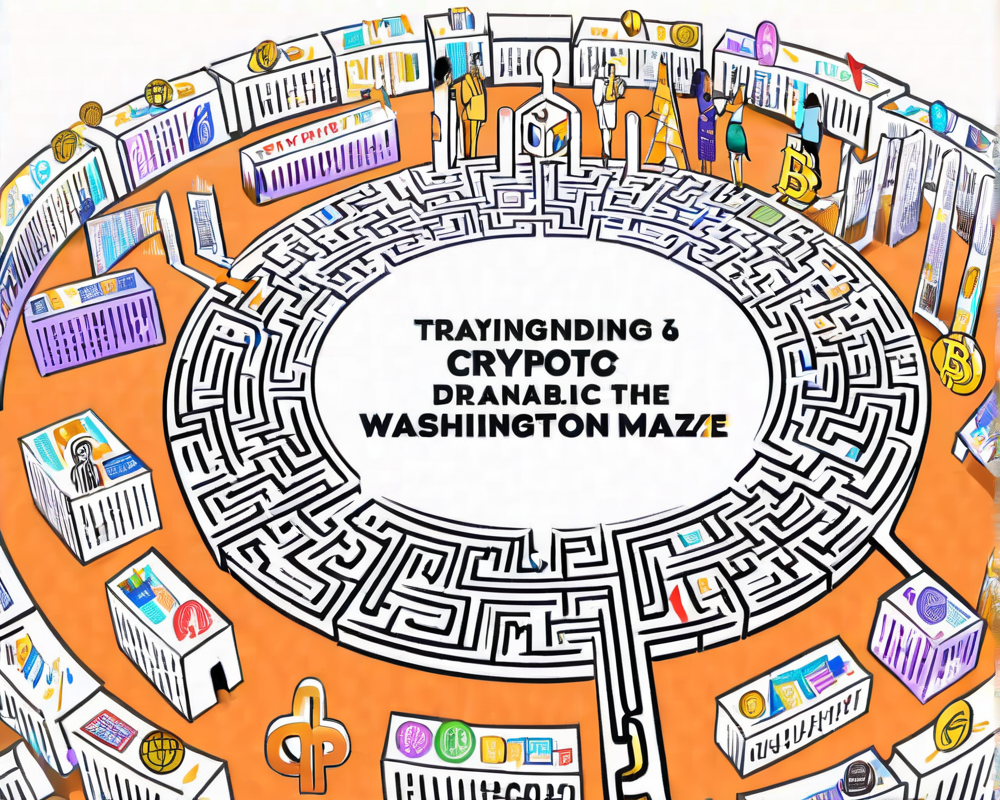The Blockchain Revolution: What’s the Big Deal?
On December 12, a major player in the U.S. health insurance landscape announced its bold plan to harness blockchain technology to safeguard medical data for a whopping 40 million members over the next three years. Now that’s a fitting New Year’s resolution!
The coolest thing about blockchain? Once information gets tossed onto that digital ledger, it’s stuck there for eternity. Yep, try using an eraser on that one!
Unlocking Healthcare Potential: Beyond Medical Records
When you think of blockchain, medical records might come to mind first. But its potential extends way beyond that. Here are some remarkable ways blockchain could innovate healthcare:
- Verification of Medical Credentials: Ensuring that your nurse isn’t secretly a dog walker.
- Visibility into Medical Trials: Keeping an eye on who’s doing what with those tasty little placebo pills.
- Combating Counterfeits: Tracking the authenticity of medications so your pain reliever isn’t just a really expensive Tic Tac.
- Drug Resale Facilitation: Making sure that leftover antibiotics don’t end up in a sock drawer somewhere.
These applications create a stronger, more reliable foundation for all players in the healthcare system.
Smart Contracts: The New Insurance Policies
Insurance can often seem like a never-ending paperwork nightmare; enter blockchain! These digital ledgers might just transform insurance by allowing the creation of smart contracts, which are digital protocols facilitating, verifying, or enforcing contract negotiation or performance without third-party involvement.
Imagine policies wrapped up in neat coding—like a digital burrito! An individual agrees to pay the insurance company, and BAM, the system knows that if something happens, they’ll get their due.
Guarding the Gates: Data Integrity Issues in Healthcare
Now let’s put on our serious hats. Anthem’s blockchain setup emphasizes integrity—no alterations allowed. But Evgen Verzun, founder of cloud solution HyperSphere.ai, raises valid concerns regarding privacy. Blockchain is great at preserving data accuracy but not so much for keeping data private.
As Ashwini Modi, chief operations officer of a blockchain-powered clinic puts it, “We’ve got a mess of data scattered everywhere!” We can’t have doctors treating patients with a treasure hunt-style approach to their medical history.
What Lies Ahead: The Rise of Blockchain
The world of blockchain isn’t going anywhere. Experts like Brian Platz, co-CEO of Fluree, predict that the focus is shifting towards system integration and implementation rather than just pouring funds into projects. Shall we say it’s graduation season for blockchain?
Patients are already feeling the warmth of this technology, and insurance companies are itching to join the dance. Allianz, for instance, is concocting a blockchain ecosystem for cross-border insurance payments. Who knew that international traveling could be so seamless?



